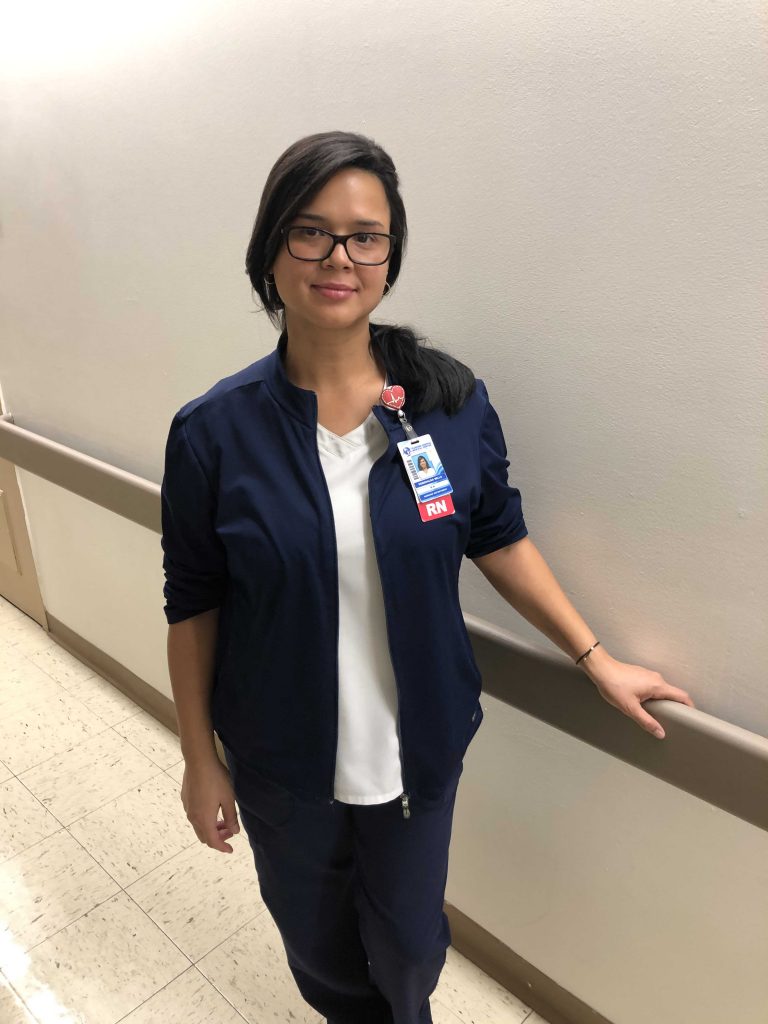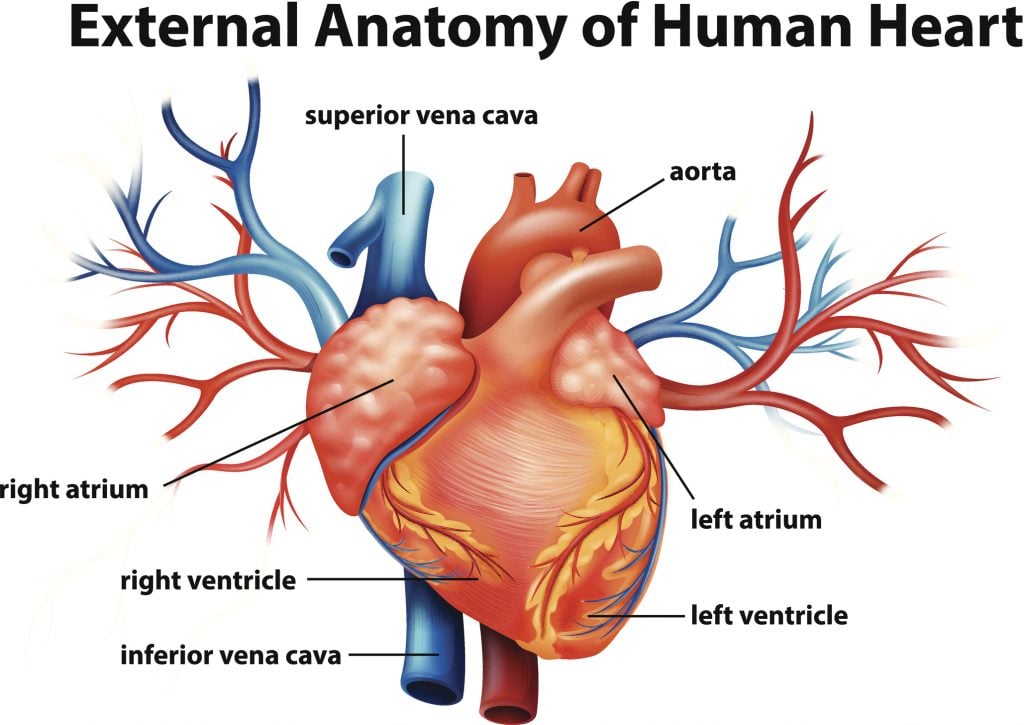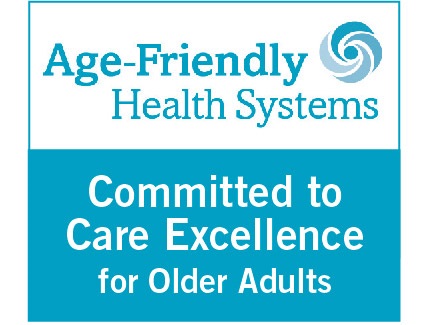 Fibromyalgia is a condition thought to be caused by an increase in the way the brain processes pain sensation throughout the body’s musculoskeletal system. The result is a chronic sensation of pain that is often debilitating and life-changing. Women tend to be affected by fibromyalgia more than men but the reason for that is unclear. In some people, fibromyalgia appears after a trauma, a surgical procedure, an infection, or a stressful event. There also may be some correlation to it running in families.
Fibromyalgia is a condition thought to be caused by an increase in the way the brain processes pain sensation throughout the body’s musculoskeletal system. The result is a chronic sensation of pain that is often debilitating and life-changing. Women tend to be affected by fibromyalgia more than men but the reason for that is unclear. In some people, fibromyalgia appears after a trauma, a surgical procedure, an infection, or a stressful event. There also may be some correlation to it running in families.
Scientists believe that there may be an overstimulation of the pain receptors that causes the symptoms. Symptoms of fibromyalgia include:
• Pain all over the body
• Fatigue
• Difficulty focusing
• Migraine headaches
• Anxiety
• Depression
Fibromyalgia is diagnosed through a physical exam and blood tests that examine thyroid function, red and white blood cell count, rheumatoid arthritis factor, and the erythrocyte sedimentation rate. If a person has pain for three months and no obvious medical reason for it, it might be reason to rule out fibromyalgia.
There is no one method of treating fibromyalgia that is completely effective.
• Treatment options include:
• Physical therapy
• Pain relievers
• Anti-depressants
• Getting adequate rest
• Acupuncture
• Regular exercise
If you have symptoms of fibromyalgia and would like to schedule an appointment with a doctor at Flushing Hospital, please call 718-670-5486.
All content of this newsletter is intended for general information purposes only and is not intended or implied to be a substitute for professional medical advice, diagnosis or treatment. Please consult a medical professional before adopting any of the suggestions on this page. You must never disregard professional medical advice or delay seeking medical treatment based upon any content of this newsletter. PROMPTLY CONSULT YOUR PHYSICIAN OR CALL 911 IF YOU BELIEVE YOU HAVE A MEDICAL EMERGENCY.









